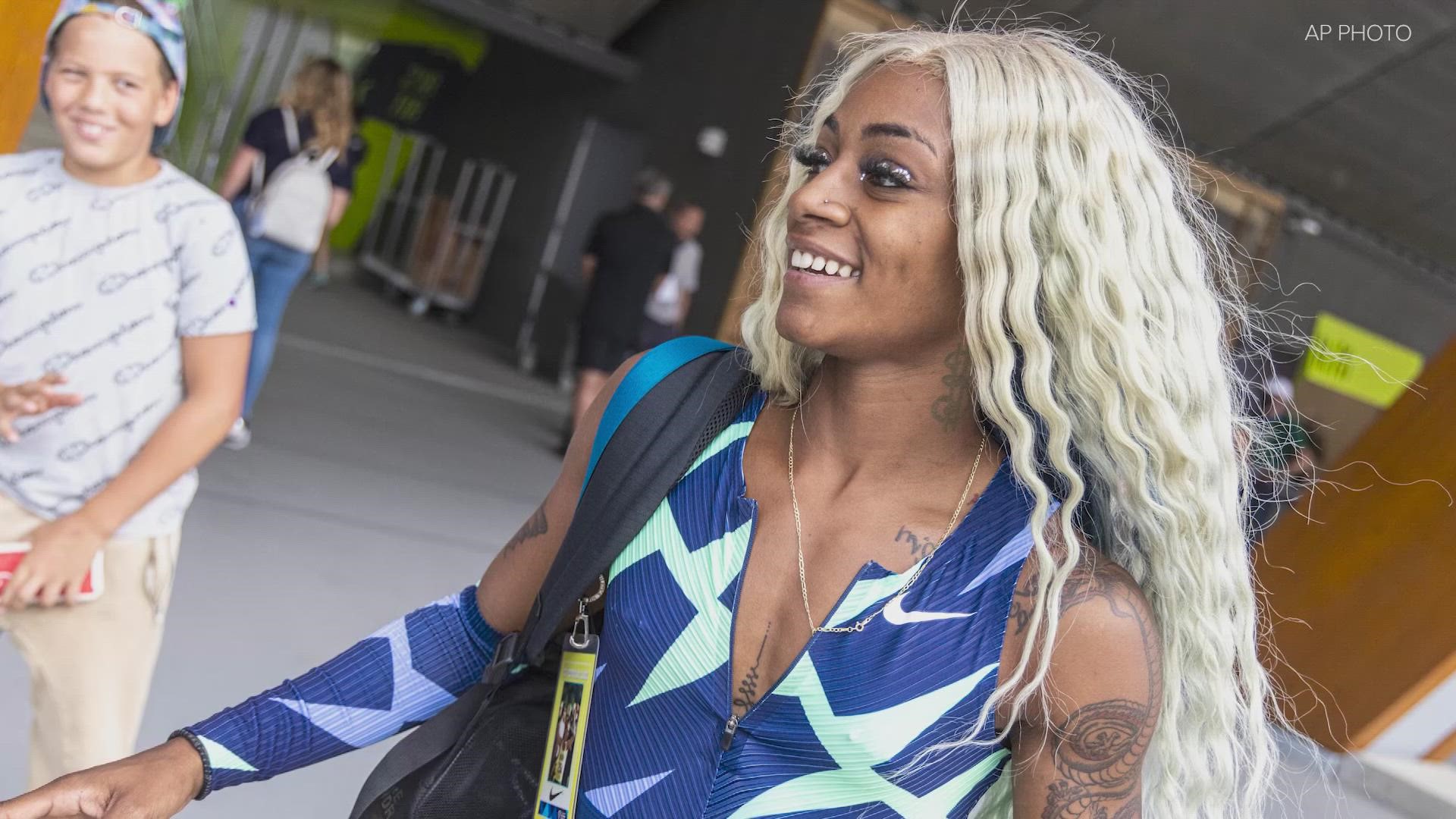BEIJING, China — Russian figure skater Kamila Valieva is being allowed to continue to compete at the Winter Olympics in Beijing despite the revelation last week that she tested positive in December for a banned substance. The investigation into the positive test is expected to continue and it could be months before a final determination on how the substance got into her system.
The positive test result was announced after Valieva helped Russia to the team figure skating gold medal. After days of appeals, the Court of Arbitration for Sport ruled Monday she could compete in the women's figure skating program. But, no medal ceremony will be held if she makes the podium.
There are still too many unknowns in the Valieva case to determine if there is any connection with Russia's long-running doping scandals. But fair or unfair, it serves as a reminder that those scandals are the reason athletes are competing at the Games not as Russia, but as the Russian Olympic Committee, or ROC.
The Russian Olympic Committee flag is being used — including a stylized Russian tricolor emblem — and the team is wearing Russia's national colors. Russia's critics wanted stricter rules, including a vetting mechanism to bar athletes involved in doping cover-ups, before the Court of Arbitration for Sports watered down the sanctions package.
It's the third and last Olympics under these restrictions for Russia, which fielded an ROC team at last year's Tokyo Olympics and the “Olympic Athlete from Russia” team at the 2018 Winter Games in Pyeongchang, South Korea.
The 2018 sanctions were for doping and cover-ups when Russia hosted the 2014 Winter Olympics in Sochi. The current punishment is for a further cover-up, when the World Anti-Doping Agency found it had been handed manipulated doping data from the country's national testing lab, which was under the control of Russian law enforcement. The restrictions on Russia expire in December 2022, well before the 2024 Summer Olympics in Paris. The Russian government denies there was any state involvement in doping.
The Russian team has already amassed 20 medals in Beijing, surpassing the 17 it won at the 2018 Games.

